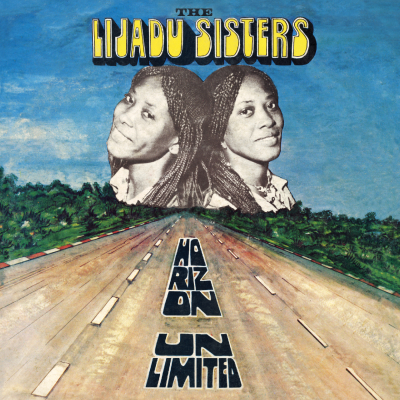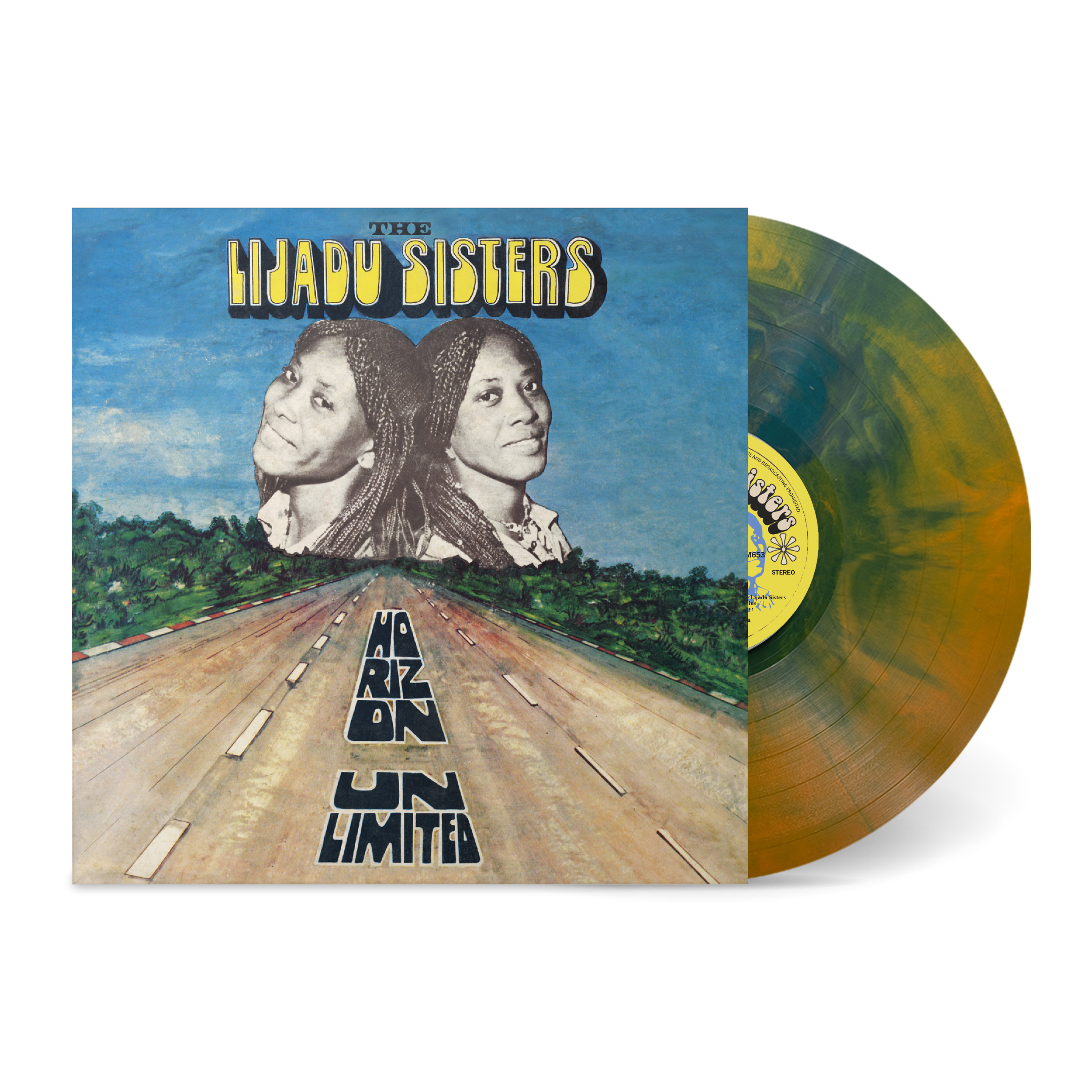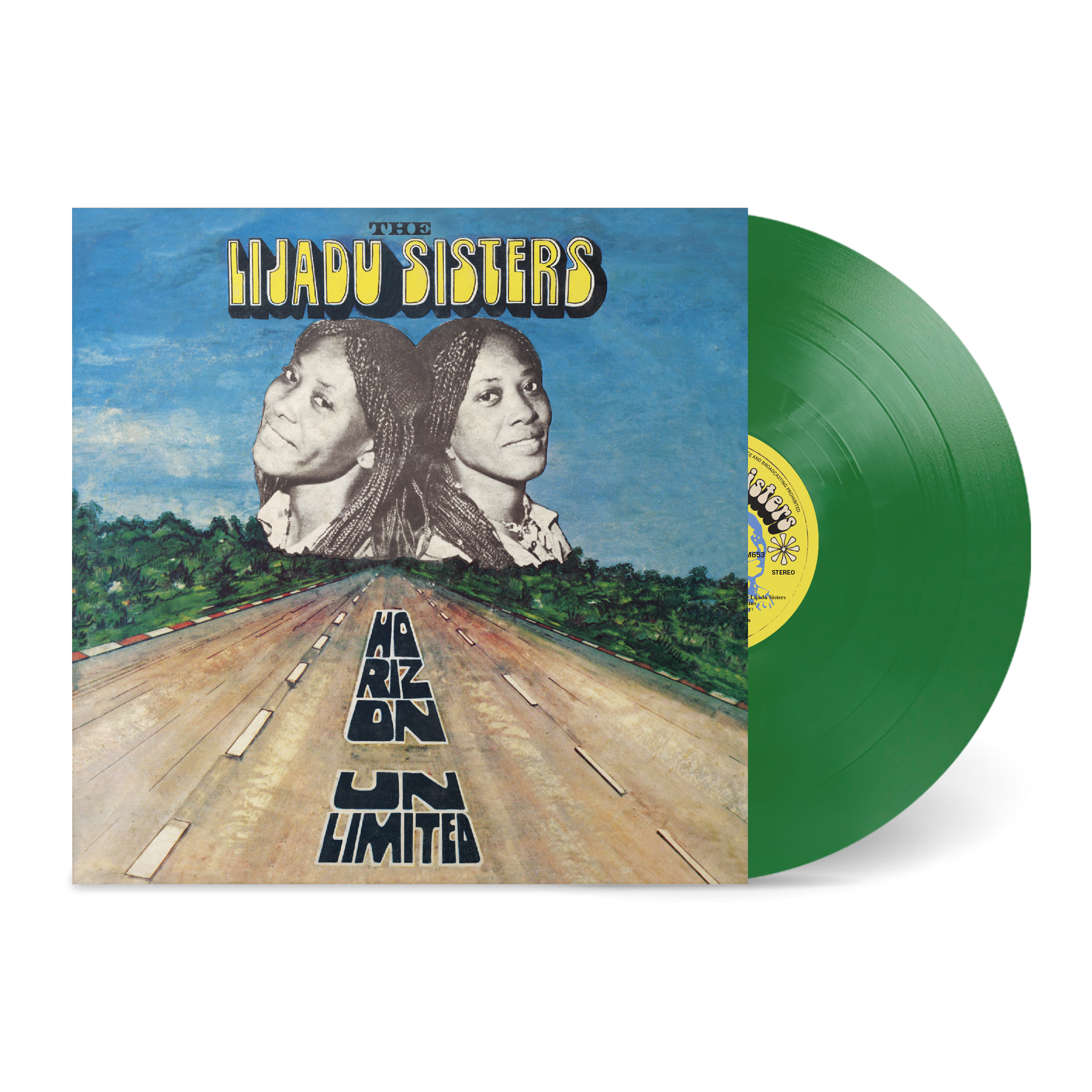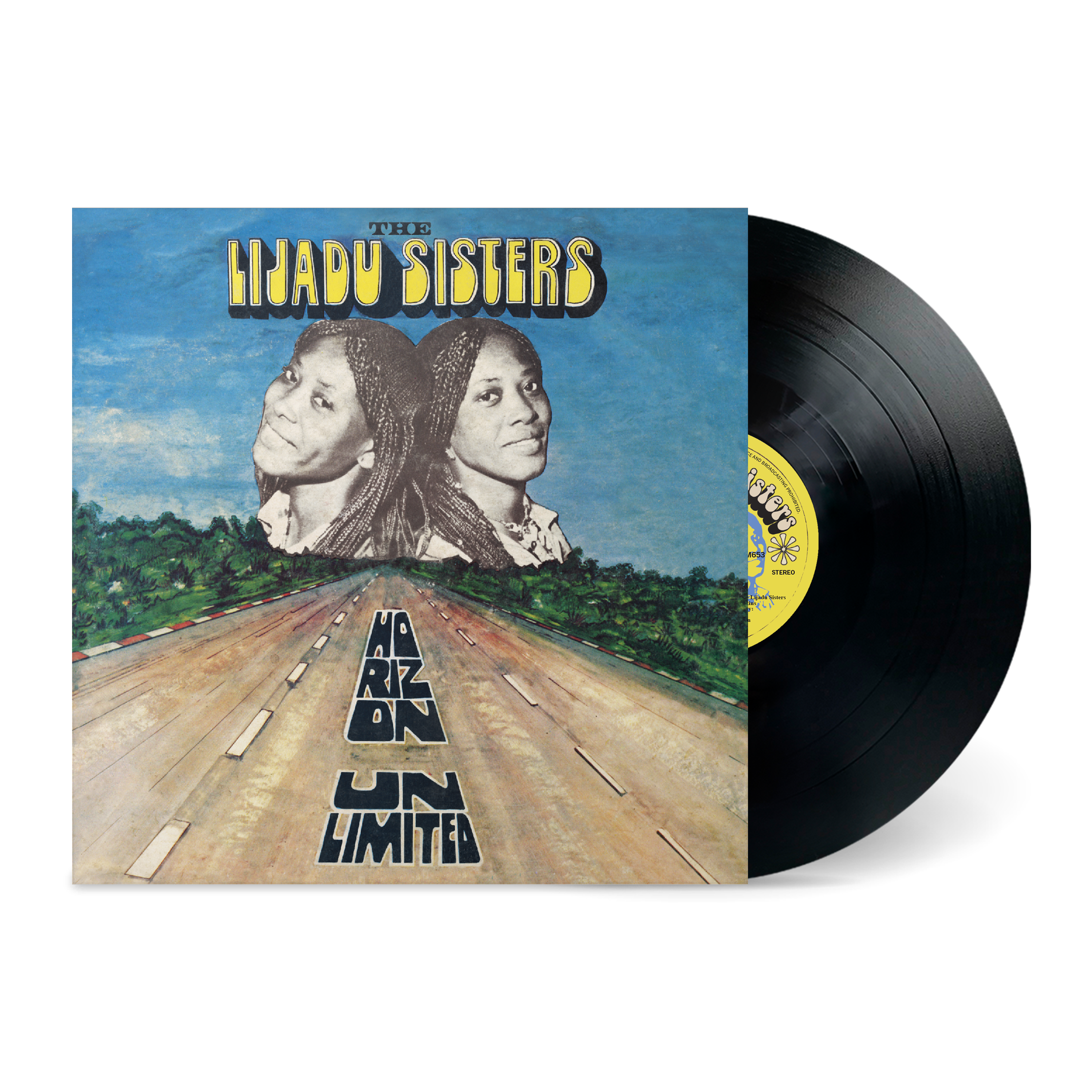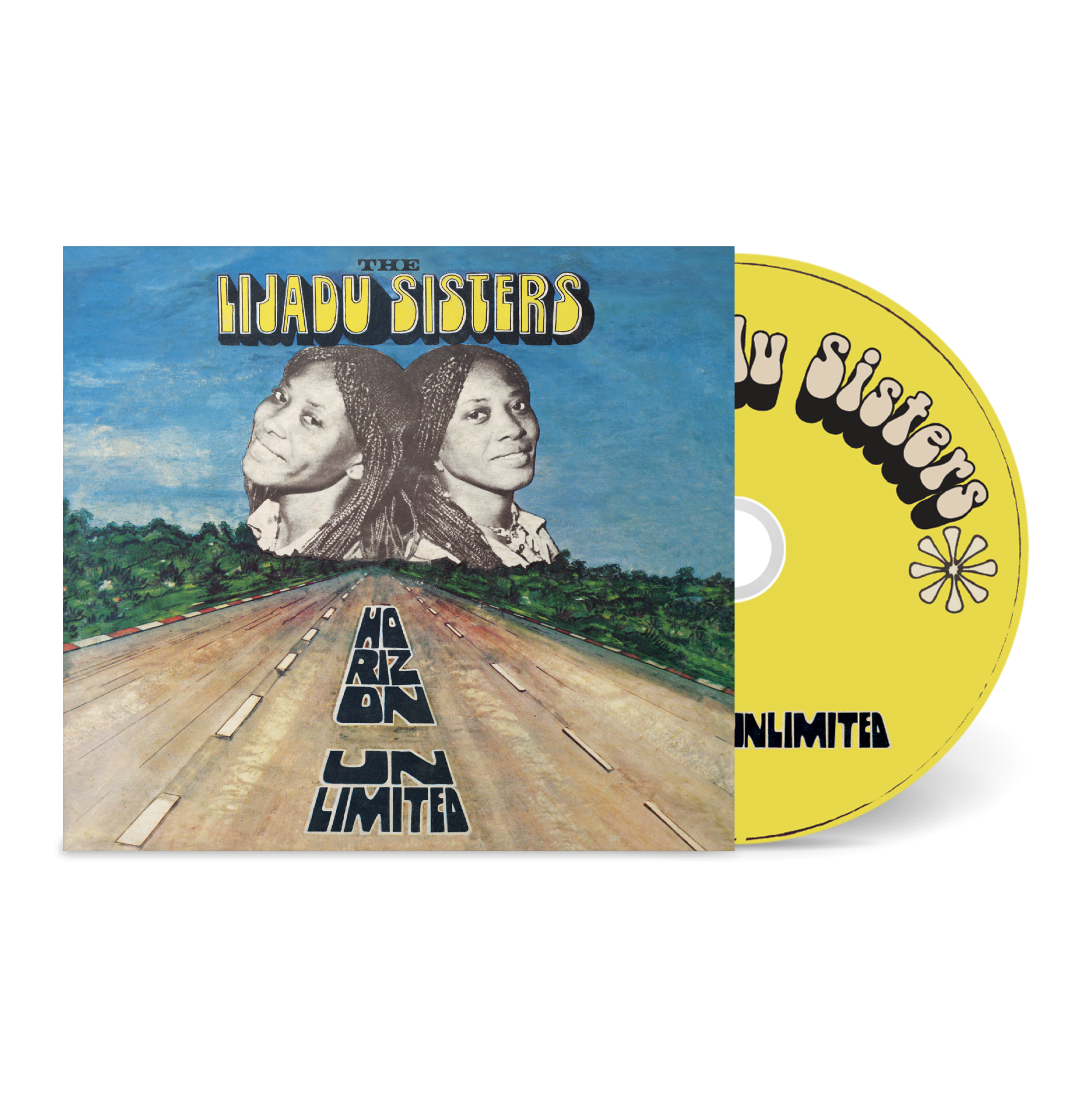|
Today, The Lijadu Sisters and Numero Group announce an expansive new partnership that is equal parts reissue and reparation: a celebration and critical reappraisal for the musical and political impact of two iconic artists who have influenced and uplifted generations, while enduring nearly six decades without proper respect, protection and recognition. As one of the only women-led acts making music at the outset of Nigeria's national independence and cultural golden age, identical twin sisters Yeye Taiwo Lijadu and the late Kehinde Lijadu released five imperative albums in the 1970s, before regaining control of their catalog in 2021. Throughout the 20th Century, The Lijadu Sisters were subject to illicit exploitations of their recordings, image and name, as well copyright infringements, unpaid royalties and the deep-seated, gender and race-based prejudices they had faced since the formative days of their career. But greatness still prevailed, and the singular power of their harmonic singing, pioneering sound and trailblazing vision led to tours with David Byrne, inspired the work of fans like Amaarae, Ayra Starr, Hayley Williams, Jamie xx and Nas, and has cultivated a growing audience of hundreds of thousands of online listeners eager for more.
Beginning September 20th, 2024, with the release of a remastered, restored and revelatory edition of 1979's Horizon Unlimited, the album that produced an indelible hit in "Come On Home," The Lijadu Sisters and Numero Group launch a multi-year, multi-record campaign to finally bring the duo's entire discography to the masses. In addition to amending the material's history of misuse, Numero Group will reissue each of the band's LPs, as well as a collection of rediscovered, previously unavailable singles, promo EPs and rare recordings that the label has worked to unearth and soon debut in the West.
Remastered by GRAMMY® Award-winning engineer Michael Graves (Blondie - Against The Odds: 1974-1982, Dust-to-Digital, Written In Their Soul: The Stax Songwriter Demos), the forthcoming Horizon Unlimited LP reintroduces the album in the highest possible fidelity, presenting each track like it has never been heard before. Available to hear on DSPs now, and via LP and CD on September 20th, the physical package also includes the first-ever transcription of the record's lyrics in both Yoruba and English, corrected album credits, original artwork and more.
Pre-order and listen to Horizon Unlimited, and watch Numero Group's announcement video: HERE
"I think one of the most exciting things about the reintroduction of Horizon Unlimited is the fact that young folk love our music, and are surprised at the upbeat tempo, and the lyrics, which are not only of today, but also very futuristic as well. Horizon Unlimited was our last album with Decca that came out in 1979. It's been a long time since then and this really is part of a much longer story, but amongst one of the most significant things I remember was that we, The Lijadu Sisters, paid for all the studio and band session fees. At the time, this was unusual, and not the arrangement we had with that record label. We were originally meant to record at Decca West Africa in Lagos, but when we got to the studio, no one had told us that it was being upgraded – from eight tracks to twenty-four. So, we brought everyone to London and made the album there instead."
–Yeye Taiwo Lijadu
Like all of the newly excavated material, there is still much for many to discover about The Lijadu Sisters' life, lineage and legacy. Combining Afrobeat with a groundbreaking, original fusion of funk, reggae, rock, disco and soul, their sonic energy and songwriting approach forever remained optimistic and empowering, despite the difficulties they experienced even at the height of popularity in Nigeria. "Sweetly soaring, steady and subdued," as Matt Groening described in a 1980s-era review. "The Lijadu Sisters are liberated, independent, and sly." Yeye Taiwo and Kehinde composed by mouth as they drew from their love of American jazz singers like Nat King Cole and Ella Fitzgerald, South African star Miriam Makeba, juju pioneers I.K. Dairo and Haruna Ishola, and their second cousin Fela Kuti, staying steadfast in their commitment to their mother's advice: "Remember your roots, remember that people will be looking up to you. Sing about things that are happening in real time to people in the real world. There's anger, there's happiness, there's marriage, there's love. Babies come, people die, angels descend, disasters strike. Do your part to make things better."
That message has resonated beyond The Lijadu Sisters' music, from the fight for their own civil justice at home in Africa, to advocacy for housing rights in their relocated home of New York City in the late 1980s, to their continued, current-day work as spiritual healers. In the wake of Kehinde's passing in 2019, stemming from long-term health issues that resulted from her fall down a staircase in the 1980s, Yeye Taiwo has honored and upheld the voice of her second half and soul mate. Building on their religious mission and remedying together, Yeye Taiwo recently completed her priesthood and became a chief, during a special trip to The Republic of Benin this spring.
In a new "Living Legend" profile of The Lijadu Sisters, reported from Yeye Taiwo's home in Harlem, New York, Rolling Stone's Mankaprr Conteh writes, "The inseparable Lijadu twins were Nigerian music trailblazers whose influence spans many genres and generations...Together, the Lijadu Sisters helped lay the foundation for African music's global resonance today. As pioneers of Nigerian pop, the continent's most impactful music industry, they diversified the sound and disrupted men's dominion over it."
Read more at Rolling Stone, and find the piece on stands in the magazine's current July-August issue
As Amaarae tells Rolling Stone, "They were rock & roll as f*ck. In the time where Ebo Taylor, Fela Aníkúlápó Kuti, and Osibisa were all having the opportunity to be outwardly expressive in that way, I want to say the Lijadu Sisters were the only ones that were as balls-to-the-wall. I think the Lijadu Sisters were the first alté girls. I think that they helped me build an ethos of how I wanted to operate as an African woman and as an African artist, an African rock star."
"The sense of freedom in their vocal performances always gets me," adds Hayley Williams, who cites The Lijadu Sisters as inspiration on her debut solo album, Petals for Amor.
|
